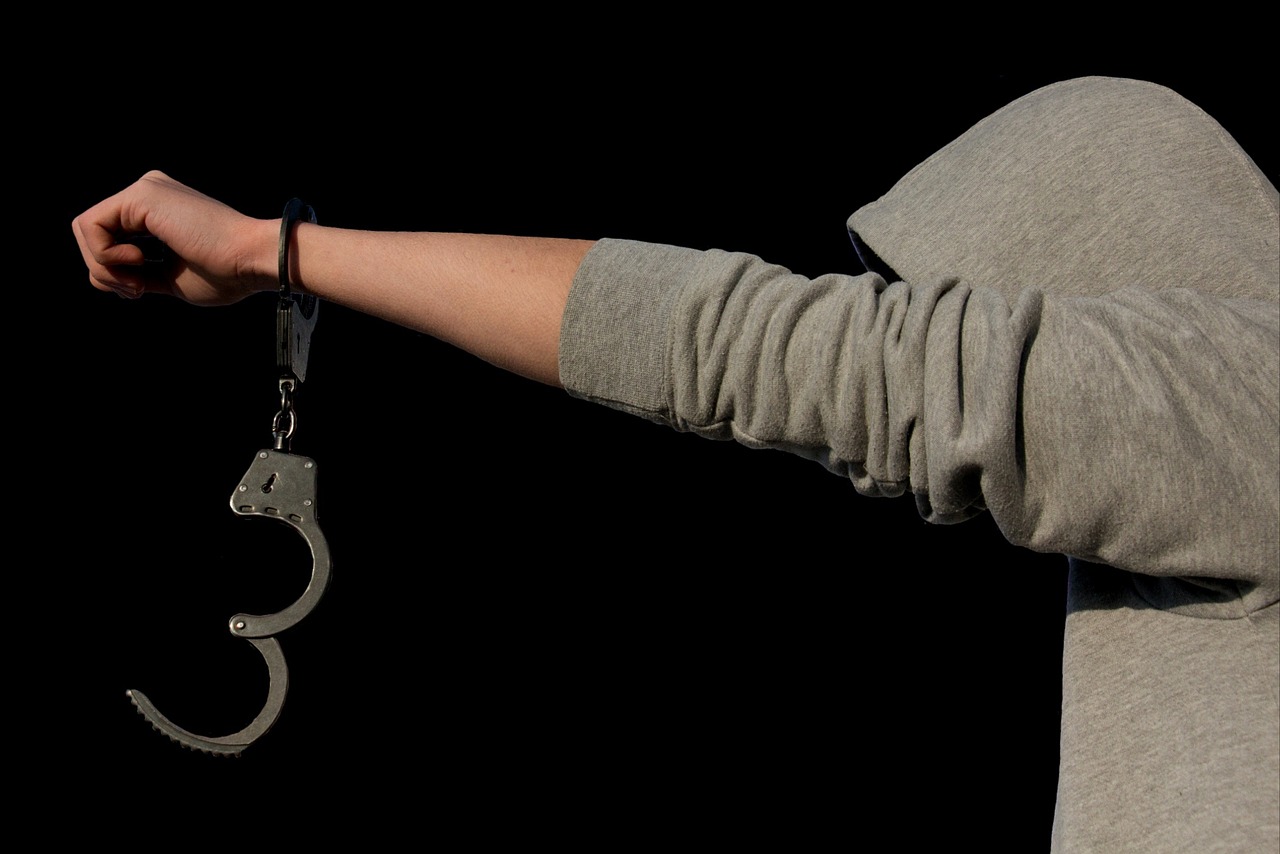International Arrest Warrants: The International Criminal Court and the Middle East Crisis
The recent decision of the Pre-Trial Chamber I of the International Criminal Court (ICC) has sparked a wave of political and social reactions. An arrest warrant has been issued for Israeli Prime Minister Benjamin Netanyahu and former Defense Minister Yoav Gallant, accused of crimes against humanity and war crimes during the conflict in Gaza. These actions were contextualized in a systematic attack against the civilian population, which occurred from October 8, 2023 until May 20, 2024.
In addition, the ICC has also issued an arrest warrant for Mohammed Diab Ibrahim Al-Masri, known as Deif, a Hamas military commander. Although Israel claims to have killed him in a bombing in July, the Court said it had no confirmation of his death. Therefore, the warrant refers to alleged crimes against humanity committed on or after 7 October 2023.
The ICC stressed that investigations into conflict-related crimes are ongoing and further requests for arrest warrants are expected to be submitted.
Political Reactions: A Dark Day for Justice
Israeli President Isaac Herzog called the decision “a dark day for justice,” accusing the ICC of ignoring the suffering of the 101 Israeli hostages held by Hamas. Herzog highlighted how the court does not recognize Israel’s right to defend its people from terrorist attacks, saying the decision represents a choice between terrorism and democracy.
Israel’s National Security Minister Itamar Ben Gvir also expressed strong disapproval, calling the ICC an “anti-Semitic” institution. He called for strengthening Israeli sovereignty in the West Bank in response to the arrest warrants.
Latest Developments in the Conflict
In the context of the conflict, violence continues to escalate. Recent Israeli air strikes have caused at least 66 deaths, including women and children, in northern Gaza. Military operations have targeted entire residential blocks and local hospitals are facing an unprecedented humanitarian crisis.
According to reports by the Syrian Observatory for Human Rights, at least 68 casualties have been recorded in attacks against pro-Iranian groups in Syria. This complex scenario shows how regional tensions can have global repercussions.
With escalating violence and new international arrest warrants, the future of the region remains uncertain. The world watches with apprehension as the conflict escalates, highlighting the urgency of a lasting diplomatic solution.


